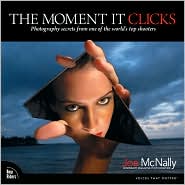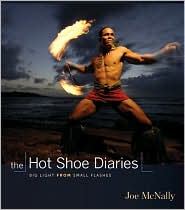![]()
 |
Spring 2018 PREVIEW
This is an intermediate level course in commercial, editorial, and illustrative portraiture techniques, with an emphasis placed on logistical coordination and equipment needed to produce expressive portraits of people on location.
The course material and assignments provided by the instructor strongly assumes that each student has a rudimentary understanding of studio lighting tools and techniques — PHO 117. To obtain the greatest benefit from the course, students are also advised to have a command of the Apple Mac OS, digital imaging tools and techniques of Adobe Lightroom and Photoshop — PHO127 — and proficiencies handling a DSLR camera — PHO 111.
During this course students also have the opportunity to become more proficient with the mechanical aspects of other camera systems that are available in the WCC Photo Lab — inclusive of traditional SLR, medium format, & 4x5 cameras.
In the process of completing assignments it will become apparent that the creation of portraits on location is unlike anything possible in the studio. Students learn to creatively utilize small flash units, 1200 watt-second portable strobe lighting systems, and light modulation tools for natural light. Images can be created in virtually any camera format and media, including black-and-white, C-41, or E-6 films, however emphasis is placed in digital, RAW capture workflow.
Course Objectives
By the end of the semester, students will...
• Obtain a working knowledge regarding the control of color temperature of various light sources.
• Critically examine compositional elements of successful portraiture.
• Determine accurate exposures in mixed lighting situations and safely utilize strobe lighting systems and light modulation devices on location.
• Understand critical photo-industry tools, techniques, and work related skills.
• Demonstrate effective techniques of scouting a location prior to creating a portrait.
• Critically examine how an environment can be utilized to the photographer's advantage, in addition to understanding the etiquette of working with a property manager and management of the location itself.
• Create photographs that convey ideas, and examine ethical issues in regard to their usage and publication.
• Create a portfolio that displays a personal interpretation of environmental portraiture.
Course Requirements & Grading Criteria
|
||||||||
• ATTENDANCE
• LOCATION LIGHTING QUIZ
• ETHICS IN IMAGING QUIZ
• LIGHTING PLOTS
• MID-TERM EXAM
• FINAL GROUP PROJECT
• MODEL RELEASES
• FINAL PORTFOLIO
Don Werthmann
professional faculty — photo
washtenaw community college



